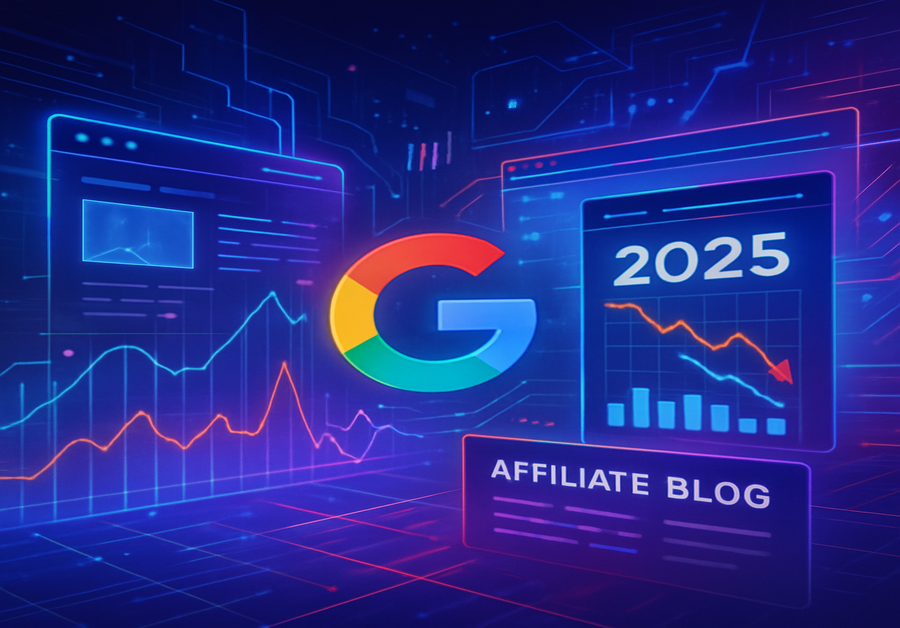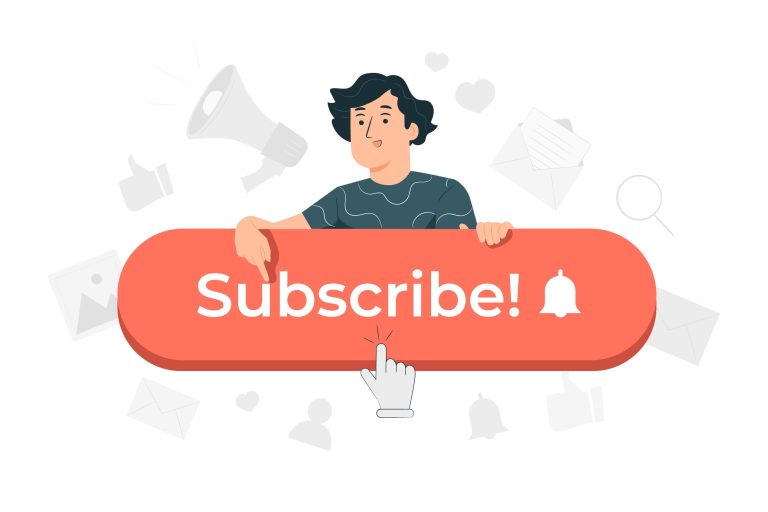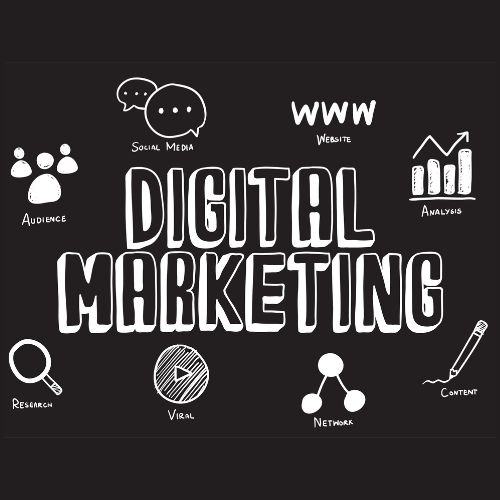Google AI Overview 2025: What Website Owners & Affiliate Bloggers Must Know
![]()
Google has changed , and if you run a website or are planning to start an affiliate blog, you need to know how these changes affect you.
With the rise of AI, the way pages rank in search results has shifted dramatically.
Today, i’ll break down what’s happening and where you should focus your efforts if you still want to drive organic traffic.
In this blog, i’ll cover:
Let’s dive in!
What Is Google’s AI Overview and How Has It Changed Search?
If you’ve searched anything on Google recently, you might have noticed a summarized answer appearing right at the top.
This is called the AI Overview.
Instead of just showing website links, Google now pulls content from different sites and creates a short, AI-generated summary to answer your query.
Here’s why it matters:
- The AI Overview first launched in the U.S. in early 2024 and has now expanded globally.
- It mainly triggers on informational keywords, not commercial ones.
- 99.2% of the keywords that show AI Overview are purely informational.
Earlier, even when Google had featured snippets, the top website still got about 27–30% of all clicks.
Now, with AI Overview, click-through rates have dropped by around 34.5%.
That’s a big deal.
Even if you rank #1, fewer people might actually visit your site because they get their answer straight from the AI box.
If you want to survive in this new landscape, focus more on creating high-quality informational content.
Commercial articles alone (like product reviews) may not perform as well anymore.
New Traffic Sources After Google’s AI Rollout
Here’s some surprising news:
AI platforms themselves have become a major source of traffic.
Recent studies show:
- 63% of websites are now getting traffic from AI tools.
- Breakdown of this traffic:
- 50% from ChatGPT
- 30% from Perplexity AI
- 17% from Gemini (Google’s AI)
- 2% from other AI platforms
How does this work?
When someone asks a question on tools like ChatGPT or Perplexity, these AIs often recommend external links for deeper reading — and users click through to your site.
This is a completely new form of organic traffic that didn’t exist even a year ago!
If you’re serious about SEO today, you can’t ignore the potential of getting traffic from these AI tools.
Do Backlinks Still Matter in 2025?
A lot of people are asking whether backlinks still play a role now that AI is influencing so much of search.
The answer: YES, backlinks still matter — but in a different way.
While AI Overviews don’t rely only on backlinks to pick content, traditional organic rankings still factor backlinks heavily.
If you want to rank in normal Google results (under the AI Overview), you still need strong, high-quality backlinks.
So, backlinks may not guarantee AI Overview visibility, but they remain crucial for SEO overall.
In short:
Don’t stop building backlinks.
Just also focus heavily on your on-page content quality and user intent.
Should You Start an Affiliate Blog in 2025?
With all these changes, is it even worth starting an affiliate blog anymore?
The simple answer: YES — but with a smarter strategy.
Here’s what you need to keep in mind:
- Write helpful, genuine content that solves real problems.
- Don’t rely only on Google organic traffic — diversify through social media, YouTube, email newsletters, and AI platform traffic.
- Focus on building a brand, not just churning out product reviews.
- Choose evergreen niches where AI Overviews are less likely to completely replace user intent (for example, personal experiences, detailed comparisons, unique perspectives).
Affiliate blogging is still very much alive — but it’s evolving.
The ones who adapt will thrive.
Also read: Digital Marketing vs Affiliate Marketing — Which One Is Right for You?
Final Thoughts:
Google’s AI changes are reshaping how users find information.
Yes, traffic from search engines may have dropped for some websites, but new opportunities are opening up through AI tools.
Backlinks still matter, and starting an affiliate blog is still a great idea if you plan smartly for the future.
Stay updated, stay flexible — and keep creating value for your readers.







